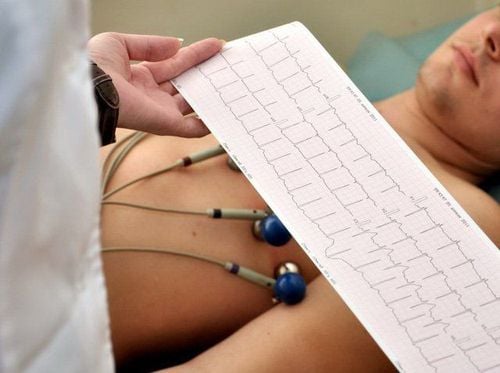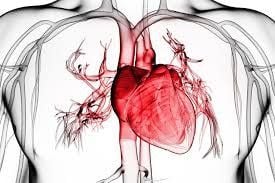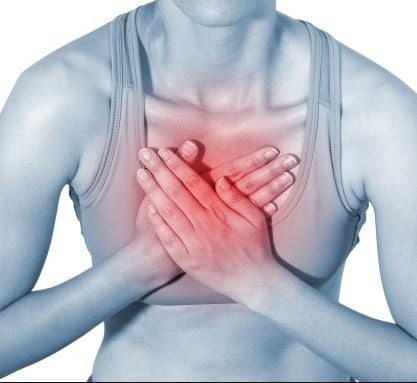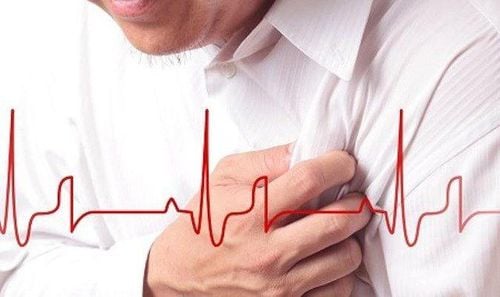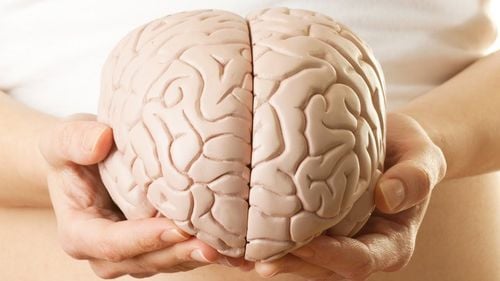This is an automatically translated article.
The article is professionally consulted by Master, Doctor Do Nguyen Thuy Doan Trang - Head of Extracorporeal Circulation Team - Cardiovascular Center - Vinmec Central Park International General Hospital. The doctor is a leading expert in Extracorporeal Circulation in cardiac surgery and cardiac resuscitation, Cardiovascular medical treatment.Myocardial ischemia is a dangerous disease that, if not treated and treated promptly, can affect the patient's life. Depending on each patient, the doctor will have the appropriate treatment options for myocardial ischemia.
1. What is ischemic heart disease?
Myocardial ischemia (also known as myocardial ischemia) is a condition that occurs when blood flow to the heart is reduced, making it impossible for the heart to receive enough oxygen to serve its contractions. . The disease is usually detected in the elderly, heavy smokers, high blood pressure, obesity, diabetes.Ischemic heart disease, when not treated in time, will lead to unpredictable and serious consequences. Typically, the heart's pumping ability is reduced, causing damage to the heart muscle. In some cases, it also leads to arrhythmia and myocardial infarction, which is life-threatening.

2. Symptoms of ischemic heart disease
The most common symptom of the disease is sudden tightness in the left chest, then gradually spreading to the arms, back of the neck and back of the neck.More specifically, there will be unusual cold sweats in the head and neck area, dizziness, lightheadedness, rapid heart rate with shortness of breath, nausea and vomiting.
3. Causes of ischemic heart disease
Causes of myocardial ischemia include:3.1 Coronary artery disease
This is the most common cause of ischemic heart disease. Atherosclerotic plaque is made up of cholesterol, which accumulates in the walls of arteries, hindering the flow of blood.3.2 Blood clots
When the atherosclerotic plaques rupture, forming blood clots, blocking blood vessels in the narrow passages, leading to sudden and symptomatic ischemia.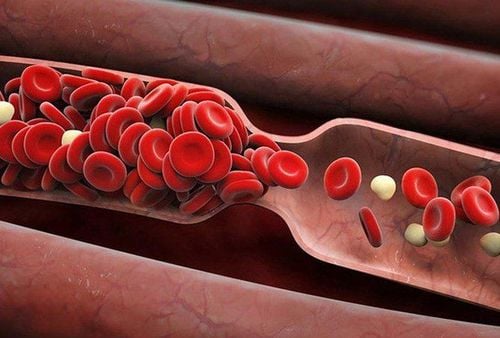
3.3 Coronary artery spasm
The temporary constriction of the coronary arteries of the muscles reduces blood flow, or even blocks it, causing a sharp drop in the oxygen supply to the heart muscle. However, coronary artery spasm is not a common cause of ischemic heart disease.4. Treatment methods for ischemic heart disease
The most commonly used treatments for ischemic heart disease today are mainly aimed at overcoming the causes of coronary artery disease, including:4.1 Drug treatment and diet
Patients can be treated with drugs that combine weight loss, exercise, and limiting fat and eggs.4.2 Angioplasty and stenting in the coronary artery
Through the catheter (catheter), a very small wire (containing a small balloon at the tip) is inserted into the narrow artery. The balloon is then inflated to widen the narrow lumen, followed by a stent to keep the lumen open. After that process, patients must maintain regular medication.After angioplasty, there may be endothelial cell proliferation in the lumen leading to restenosis. Therefore, the doctors improved by using a drug-impregnated bracket to prevent re-stenosis. Patients after being placed on the impregnated stand should be monitored periodically to correct possible symptoms.
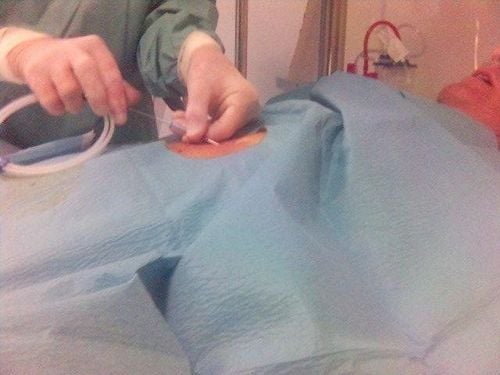
4.3 Coronary artery bypass surgery
In cases when there are too many narrowed coronary arteries or dangerous locations that cannot be dilated, the patient will be performed open-heart surgery. The doctor will connect the anterior and posterior segments of the narrowing with another branch of the blood vessel so that the blood can flow normally without going through the narrowing.Depending on each patient, the doctor will have the right treatment option.

5. How to prevent ischemic heart disease?
Routine coronary screening: Ischemic heart disease in the early stages does not have any symptoms. Therefore, patients need to go for regular check-ups to detect and treat the disease early. Avoiding risk factors for disease occurrence: Change to a healthier lifestyle, limit unhealthy foods, don't smoke, stress, drink alcohol. Supportive medicine: Doctors often prescribe drugs for patients with myocardial ischemia such as: Aspirin, nitrate group, blood lipid disorder treatment group... Myocardial anemia is a very dangerous disease, so Patients need to be periodically examined for early detection and timely treatment.Please dial HOTLINE for more information or register for an appointment HERE. Download MyVinmec app to make appointments faster and to manage your bookings easily.





